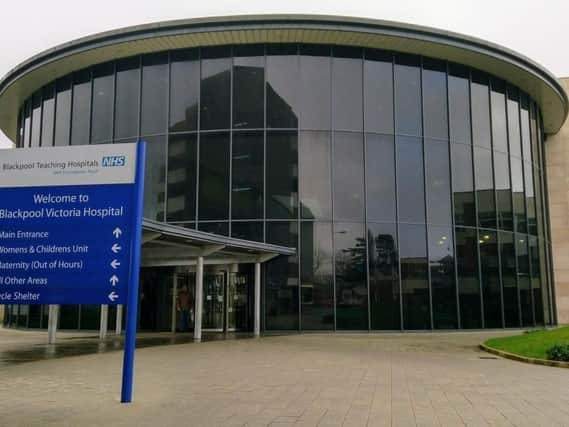Smoking part of blame for high infant mortality in Blackpool


Infant mortality rates in the resort are the worst in England, with six in every 100,000 babies dying in the first year of life, compared to a national figure of 3.9, and a figure of 4.7 for Lancashire as a whole.
Low birth weight was among the reasons for the figures, affected partly by many mothers still smoking during pregnancy, a meeting of Blackpool Council’s adult social care and health scrutiny committee was told.
Advertisement
Hide AdAdvertisement
Hide AdDeprivation is also linked to high infant mortality rates. The latest figures show between 2017 and 2019, 31 babies in Blackpool died before reaching their first birthday, down from a peak of 39 for 2005 to 2007.
Recent health figures show around a quarter of expectant mothers in the town were smokers, although that has reduced from nearly 33 per cent 10 years ago.
Liz Petch, of Blackpool Council’s public health team, told councillors: “The evidence is unchallengeable in terms of the effect smoking during pregnancy, and after pregnancy, has on the life chances of that baby.”
But she added it was not the only factor – with alcohol, drug abuse, poor housing, environmental factors and poor neonatal health all having “an impact on a baby’s first year of life”.
Advertisement
Hide AdAdvertisement
Hide AdBut the meeting heard a huge amount of work was being done in Blackpool to improve the life chances of newborns, including projects run by Blackpool Better Start such as the Baby Steps education programme to support new parents.
Nicola Parry, head of midwifery at Blackpool Teaching Hospitals NHS Trust, said work included focusing on the health of the whole family.
She said low birth weight influenced development of the brain, skeleton and soft tissue in the womb.
Other initiatives include more contacts with health visitors following a birth and encouraging more new mums to breastfeed their babies.
* Thanks for reading. If you value what we do and are able to support us, a digital subscription is just £1 for your first month. Try us today by clicking here
Comment Guidelines
National World encourages reader discussion on our stories. User feedback, insights and back-and-forth exchanges add a rich layer of context to reporting. Please review our Community Guidelines before commenting.